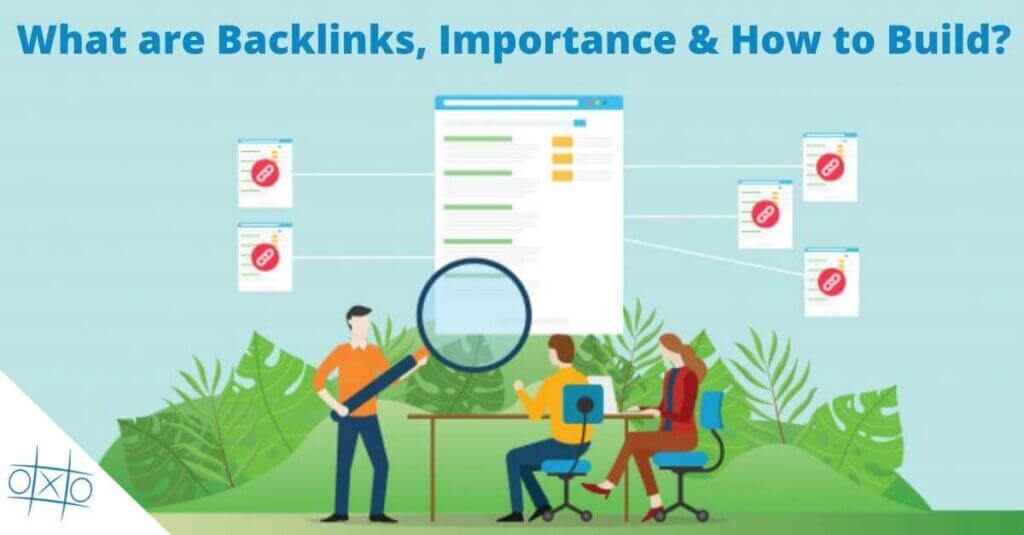What is a Backlink? A Comprehensive Guide to SEO Backlinks
Backlinks are one of the most important components of Search Engine Optimization (SEO). They play a vital role in determining a website’s authority, credibility, and ranking on search engines like Google. But what exactly is a backlink. In this article, we will explore everything you need to know about backlinks, their types, benefits, and how to build high-quality backlinks to boost your website’s SEO performance.
What is a Backlink?
A backlink, also known as an inbound link or incoming link, is a link from one website to another. When a website links to your site, it signals to search engines that your content is valuable and trustworthy. These links act as votes of confidence, influencing your website’s ranking on search engine results pages (SERPs).
Example of a Backlink:
If Website A links to a blog post on Website B, then Website B receives a backlink from Website A. The more high-quality backlinks a website has, the higher its chances of ranking well on search engines.
Types of Backlinks
Not all backlinks are created equal. Some carry more value than others, depending on their source and nature. Here are the main types of backlinks:
These are the most valuable type of backlinks because they pass on “link juice” or SEO value from the linking site to the receiving site. Search engines consider these links when ranking websites.
These backlinks contain a rel="nofollow" tag, which tells search engines not to pass link juice. While they don’t directly impact rankings, they can still drive traffic and increase brand visibility.
These are natural backlinks that a website earns when its content is referenced in high-authority websites. They are the most valuable and difficult to acquire.
Backlinks obtained from writing and publishing articles on other websites within your niche. They help in building authority and credibility.
5. Forum and Blog Comment Backlinks
These are links gained by commenting on blogs and forums. While they can generate traffic, most of them are NoFollow links and do not pass SEO value.
6. Directory Submission Backlinks
These are links obtained by submitting a website to online directories. They are useful for local SEO but must be done carefully to avoid spammy links.
Importance of Backlinks in SEO
Backlinks are essential for several reasons:
1. Higher Search Engine Rankings
Google considers backlinks as a ranking factor. Websites with a high number of quality backlinks tend to rank higher in search results.
2. Increased Website Authority
Backlinks from reputable websites signal credibility and authority to search engines, improving domain authority (DA) and page authority (PA).
3. More Organic Traffic
Backlinks from popular websites drive referral traffic, increasing your site’s visibility and potential customer base.
4. Faster Indexing
Search engines use backlinks to discover new pages. Having quality backlinks helps search engines index your site faster.
5. Improved Brand Recognition
When authoritative sites link to your content, it enhances your brand’s reputation and credibility in your industry.
How to Build High-Quality Backlinks
To get the most out of backlinks, you need a strategic approach. Here are some effective ways.
1. Create High-Quality Content
The best way to earn backlinks is by producing valuable and informative content that people want to link to.
2. Guest Posting
Writing guest posts for authoritative websites in your niche can help you gain valuable backlinks and exposure.
3. Broken Link Building
Find broken links on high-authority websites and suggest your content as a replacement.
4. Influencer Outreach
Connect with influencers and bloggers in your industry and request them to link to your content if it provides value.
5. Submit to Directories
Submit your website to high-quality directories like Google My Business, Yelp, and industry-specific directories.
6. Utilize Social Media
Share your content on social media platforms to increase visibility and chances of earning backlinks.
7. Use Infographics and Visual Content
Infographics are highly shareable and often get linked to by multiple websites.
Common Mistakes to Avoid When Building Backlinks
While backlinks are essential for SEO, certain practices can harm your website’s ranking. Here are some common mistakes to avoid:
1. Buying Backlinks
Purchasing backlinks from low-quality or spammy sites can result in Google penalties.
2. Using Irrelevant Links
Ensure that backlinks come from websites relevant to your industry; otherwise, they may not be beneficial.
3. Overusing Exact Match Anchor Text
Using the same keyword-rich anchor text for all backlinks can trigger search engine penalties.
4. Ignoring NoFollow Links
While NoFollow links don’t pass SEO value, they can still generate traffic and brand exposure.
5. Low-Quality Directory Submissions
Submitting your site to spammy or irrelevant directories can hurt your SEO efforts
Conclusion
Backlinks are a fundamental aspect of SEO that can significantly impact your website’s ranking, authority, and traffic. By focusing on quality rather than quantity and using ethical link-building strategies, you can enhance your site’s visibility and credibility in search engines.


